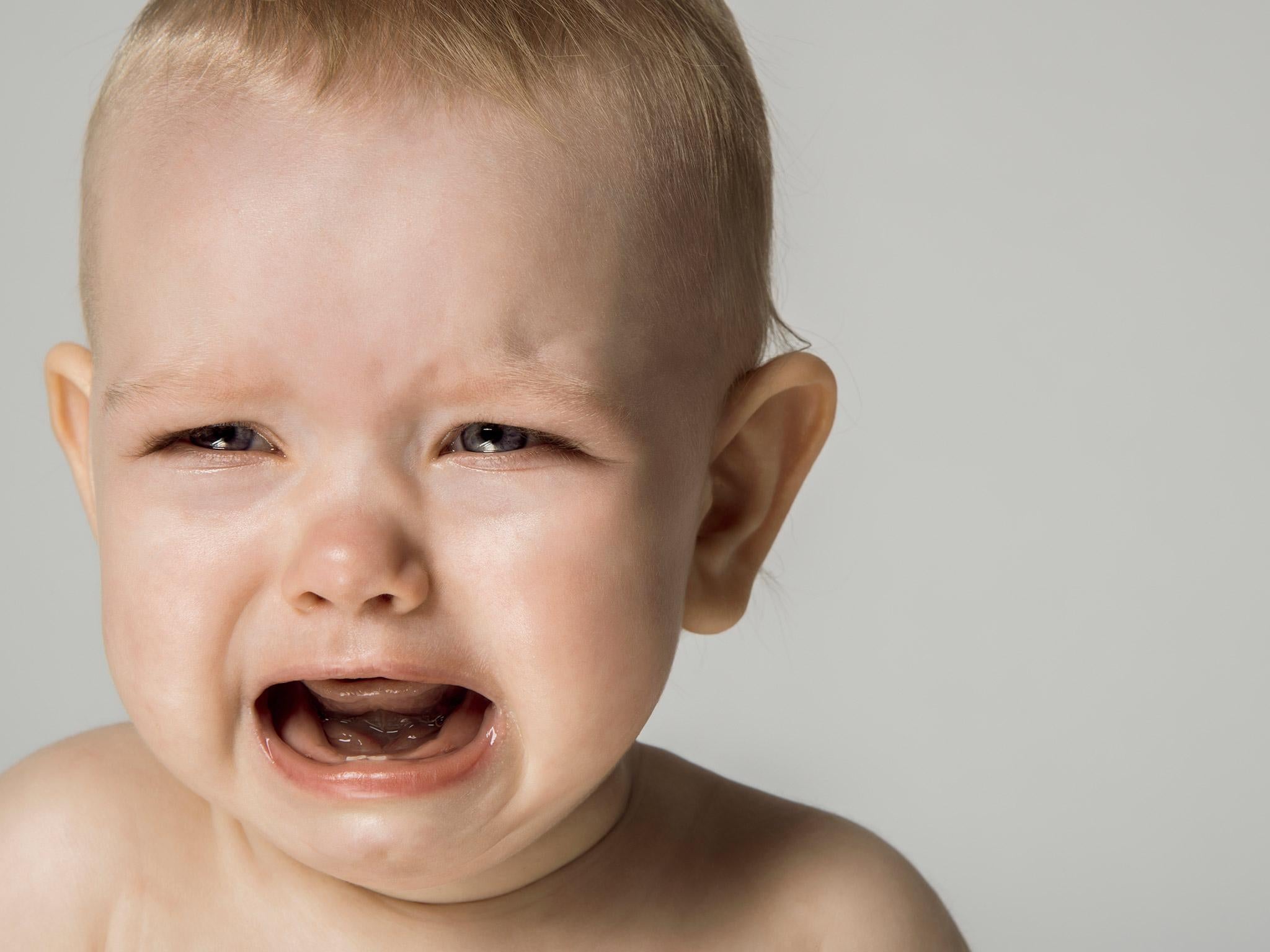Antinatalism: The people who think the world is better off if humans didn't exist
'I don’t think that the absence of humans on the planet would be a bad thing at all'

Would it matter if humans went extinct? In fact, wouldn’t this planet be better if it was rid of people and all the injustice and suffering that we cause? If this is a world view that doesn't sound entirely unreasonable to you, you may too be an anti-natalist.
Those who take this bleak stance believe it is wrong to bring new sentient life into existence, including humans. Antinatalists reason that those born into our miserable world are doomed to suffer, and new people are also capable or inflicting pain on the rest of us.
While the movement is hardly mainstream, there are devotees in pockets of the internet. Antinatalism was brought to mainstream attention by True Detective character Rustin Cohle, who described child birth: the “hubris" taken "to yank a soul out of nonexistence into this thresher.”
And a Reddit page dedicated to its ideals has over 4,000 readers. Threads on the page include: “People think they’re moral. They aren’t” and a discussion on whether we would reproduce if sex wasn’t pleasurable. The Antinatalist Party in the UK, meanwhile, writes rather cheerfully on its website: “Let’s be the last generations and go out with a liberal and happy party”. The policies in its manifesto include putting people off having children by cutting tax credits; taxing meat to reduce harm to animals; and legalising doctor-assisted dying for those with serious physical and mental illnesses, including those which aren't terminal.
“The core philosophy of antinatalism is to recognise that being born means to suffer, as well as feel pleasure, but that the foregoing of pleasure is not as bad as the presence of suffering,” explains Nadeem Ali, Founder of The Antinatalist Party, told The Independent. "It is better that unnecessary pleasure is foregone than that unnecessary suffering is created," he adds.
“I don’t think that the absence of humans on the planet would be a bad thing at all,” chimes Professor David Benatar of the Department of Philosophy at the University of Cape Town, South Africa and the author of Better Never to Have Been and Debating Procreation: Is It Wrong?
“However, that does not imply that all means of bringing about human extinction would be desirable, or even acceptable,” he stresses.
Because anti-natalism is bound up in ideas of pain and suffering, the philosophy is more complex than simply wishing death on all humans, or believing that suicide is inherently positive or necessary. It’s also not nihilist, says Professor Benatar: “instead, it stems from values – such as the badness of suffering – that almost everybody espouses. Most people don’t see where their value commitments lead them.”
“Perhaps the most common misconception is that anti-natalists think that we should all kill ourselves,” says Professor Benatar.
“In fact, anti-natalism commits one to no particular view about suicide. I personally support suicide in cases where life has become unbearable, but not all of us have reached that point - yet. However, even when death is the preferred option, it’s still a serious harm – and one that does not and cannot befall those who are never brought into existence.”
Professor Benatar backs his arguments by pointing towards studies which suggest that blind optimism causes people to underestimate how bad life can be; and how poverty, psychological distress, and violence are widespread. We all are likely to experience sickness and pain, whether preventable illnesses or infectious disease. Others take the view that humans are inherently flawed.
“It may sound like a mad view but it is not,” argues Professor Benatar. “There are good psychological explanations why people are hostile to anti-natalism. However, those explanations are not good reasons for rejecting it.”
To Professor Benatar and his fellow anti-natalists, the resilience of human isn't positive at all, but might just bring about our downfall. He adds: “I’m really not sure that blatant evidence of the world’s unpleasantness is as sobering as it should be.”
Join our commenting forum
Join thought-provoking conversations, follow other Independent readers and see their replies
Comments
Bookmark popover
Removed from bookmarks